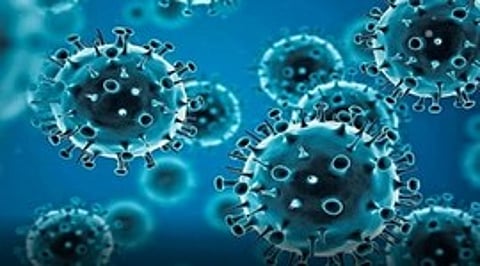

As life gradually returns to normal following the global disruptions caused by COVID-19, its long-term health effects are starting to surface in unexpected ways.
A recent study published in the International Journal of Clinical Biochemistry and Research reveals a startling 30 per cent increase in autoimmune disorders among the Indian population since the pandemic, with younger individuals being disproportionately affected.
The research, conducted by Metropolis Healthcare, analyzed 1.2 lakh cases comparing pre-COVID data (50,457) from 2019 with post-COVID (72,845) cases from 2022.
The study found a significant rise in the prevalence of Antinuclear Antibody (ANA) positivity, a crucial marker used to diagnose autoimmune diseases.
In 2019, 39.3 per cent of cases were ANA-positive, but by 2022, that number had surged to 69.6 per cent. Notably, there was a 9 per cent rise in the Nuclear Homogeneous pattern, a marker commonly linked to systemic lupus erythematosus (SLE) and rheumatoid arthritis.
The highest ANA positivity rates were observed in individuals aged 31-45, followed closely by those aged 46-60.
While older adults, particularly those over 60, consistently showed high ANA positivity in both periods, the sharp increase among the younger population is a concerning trend.
The study underscores how COVID-19 may have left the immune system more vulnerable, in some cases turning it against the body’s own tissues.
Dr Alap Christy, a co-author of the study, explained that this dramatic rise in ANA positivity after COVID-19 suggests a link between the virus and the immune system’s intensified response.
“In some cases, this heightened immune activity causes the body to mistakenly attack its own tissues, triggering or worsening autoimmune diseases. Clinicians have increasingly observed a surge in autoimmune conditions following the pandemic, with research indicating that the body’s immune response to COVID-19 may be a key factor. Our findings emphasise the critical importance of early detection, especially for women and older adults, who are at a higher risk," she noted.
Dr. Kirti Chadha, Chief Science and Innovation Officer at Metropolis, added, "The COVID-19 pandemic has left a lasting impact on global health, and our study shows that its effects extend beyond the virus itself."